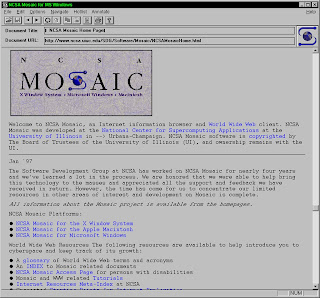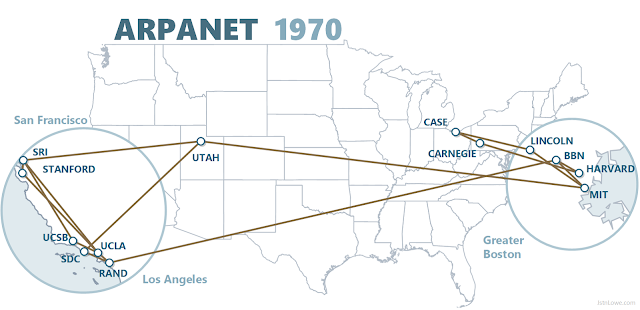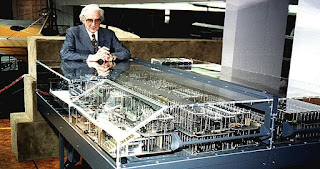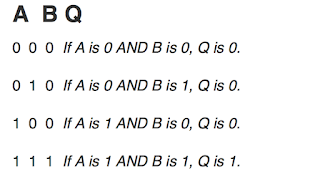Entry 5 - Marc Andreessen: Popularizing The Internet

Description of Topic When you logged onto your computer today did you think about what web browser you wanted to use? You probably are using one of the major browsers that exist today, like Google Chrome, Mozilla FireFox, or Safari. However, these browsers were not always the major popular browsers. Back in the early 90s, the internet was dominated by a web browser named Mosaic. Mosaic was not the first web browser to be created, but it was the first to become widely used, and Mosaic's success is one of the largest reasons that the internet became so popular. (2) Mosaic was created by an internet pioneer named Marc Andreessen. Andreessen was born in Iowa in 1971, and chose to attend the University of Illinois at Urbana-Champaign for his undergraduate studies. While at the University of Illinois, Andreessen started working at the National Center for Supercomputing Applications (NCSA), a government funded entity associated with the University that aims to develop computer infr...


